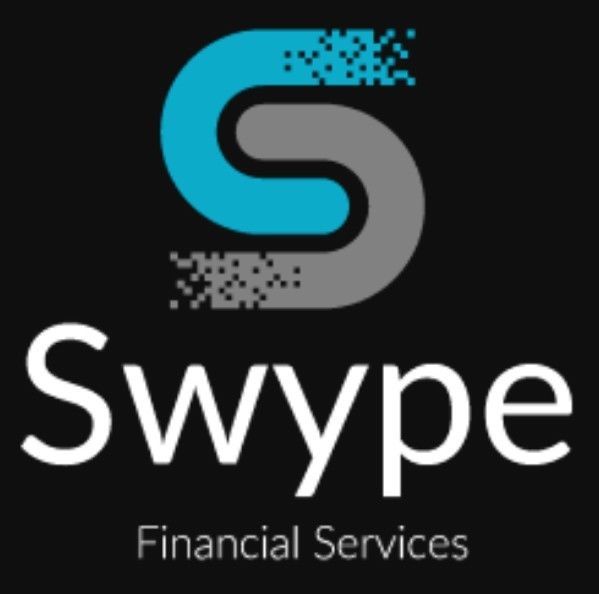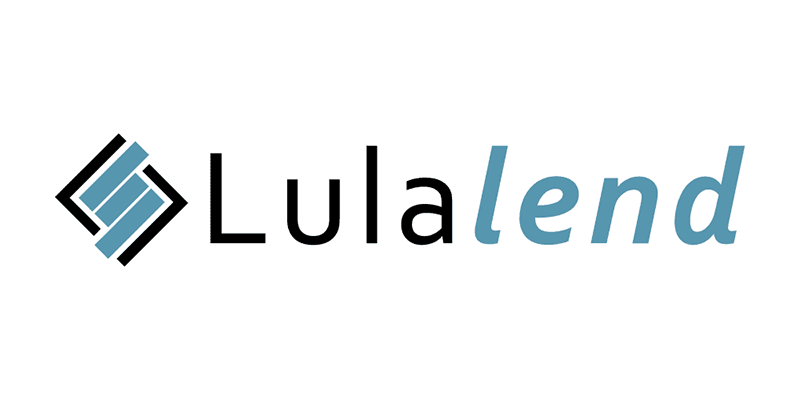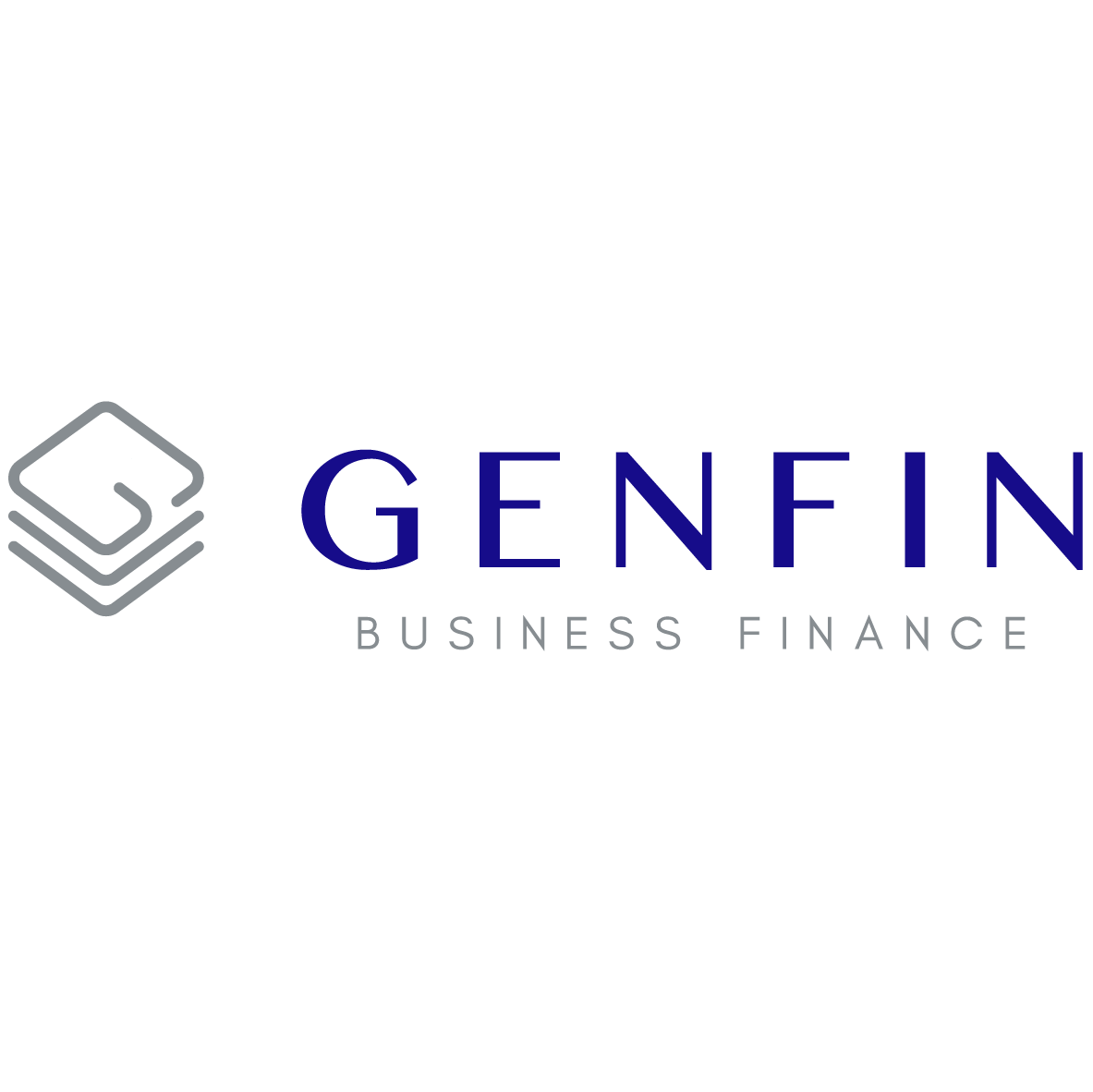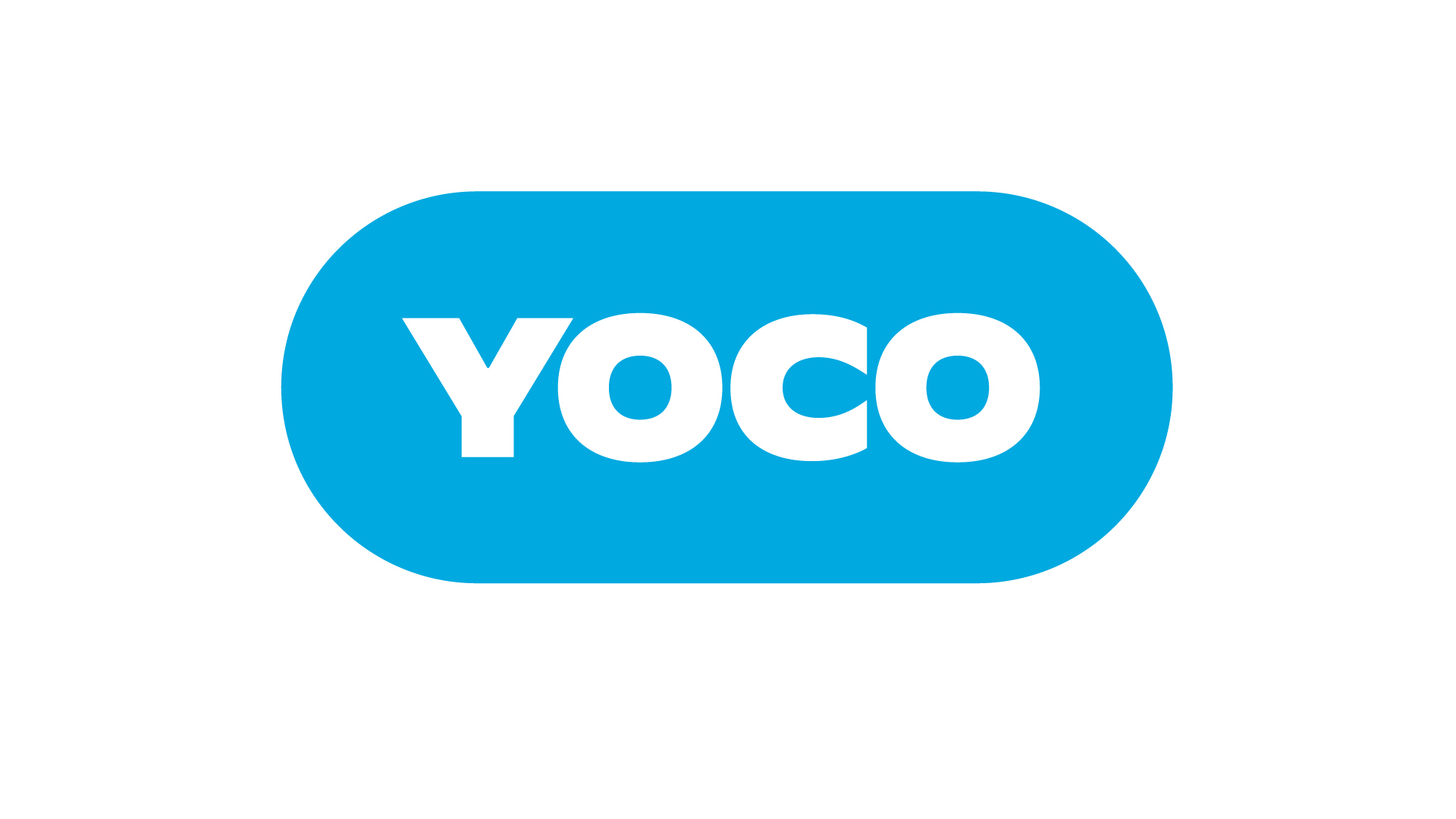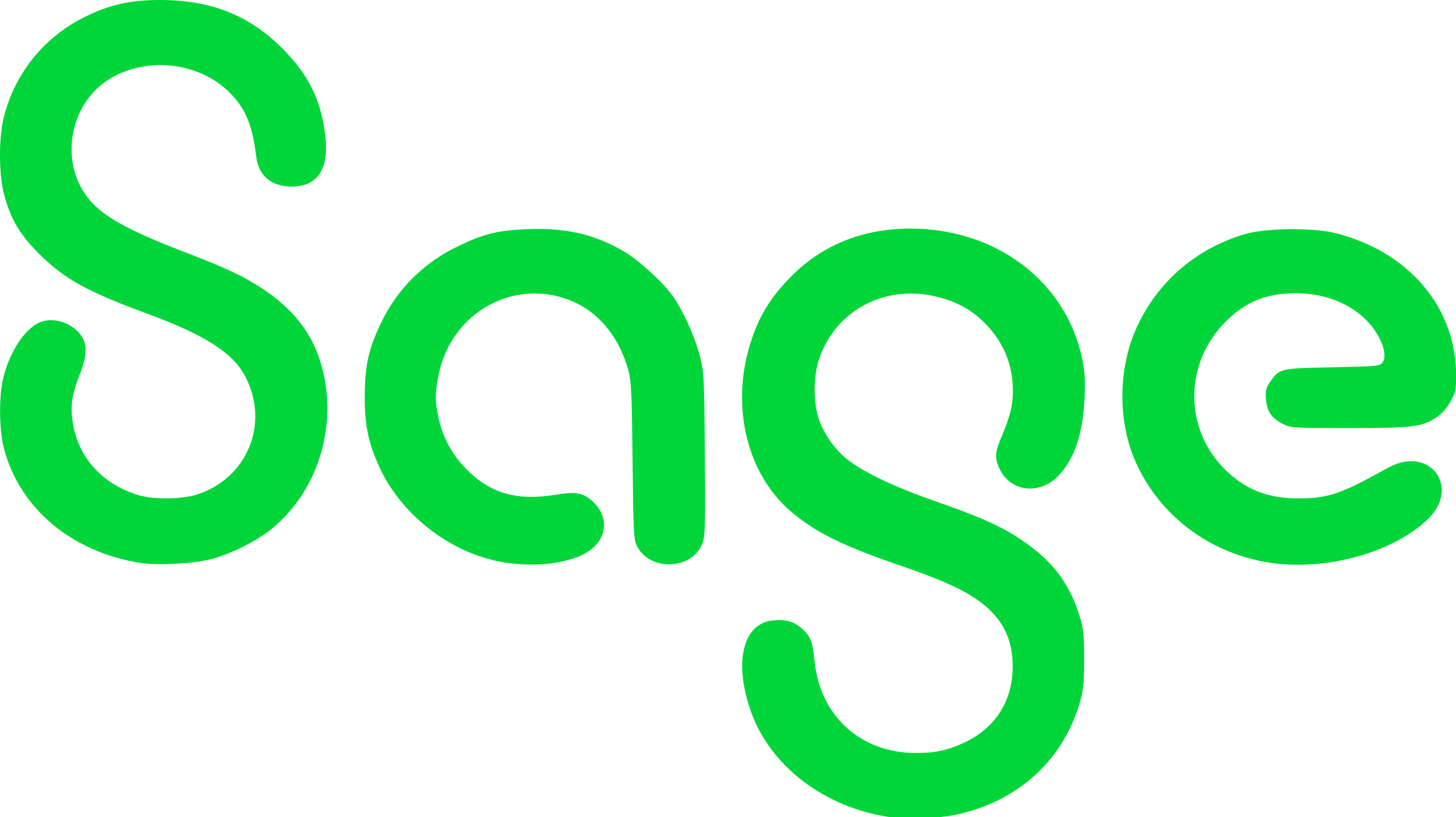Main Features
Qualifying criteria
Your business’s previous financials and inventory record will determine whether your business is eligible for an inventory loan.
Lenders should prepare a detailed report of your sales history, including inventory turnover, profits, and sales projections. Your sales history is important as it proves your business is profitable and can repay the loan.
Another important factor that lenders will pay attention to is inventory control and product movement. They will require timely reports on the shipping and returns on products, accounts receivable and sale order receipts.
Loan terms
As with a regular business loan, an inventory loan is for a set amount that is paid back in monthly payments over a fixed repayment term. It can also be paid in a lump sum following the sale of inventory. The lender is responsible for paying back the full loan amount.
Repayment term
The term refers to the amount of time it takes to pay back the total amount borrowed from a funding provider. A ‘fixed term loan’ refers to a loan where the repayment terms are set. However, you can also opt for a flexible, which allows funds to be paid back in line with the business’ turnover and therefore uses an estimated repayment period.
Collateral
In the case of an inventory loan, your products, or inventory, may serve as collateral in the event that you cannot repay the loan. If the loan is unsecured it will not require any collateral.
Pricing
Inventory financing usually does not require any collateral, as a result it typically comes with higher interest rates.
Consider the following when choosing a lender.
Principal loan amount – you will be required to repay the loan amount taken out in full.
Interest rates – in addition to the principal amount you will be required to pay interests on the loan amount. A loan that is considered low risk by the lender will typically have a lower interest rate. The amount of interest you must pay will depend on the business loan terms, which will be agreed on in advance with the lender.
Additional fees – Closing fees or other transaction costs fees that you need to pay before, during and after the loan process.
Buyer's Guide
While access to financing at a critical time can be life saving for a business, the wrong business loan can be expensive for small business owners. To get the right financing product for your business these are some of the important factors to consider.
Application process
Lenders are now able to apply for inventory loans online. This helped to make the process more convenient and transparent.
Most funders allow business owners to complete their application, select their loan amount and repayment terms. Lenders are also able to get approval from as little as a few hours to a few days.
Business Financial Records
All lenders will scrutinise your financials to ensure that you are able to repay your loans. In the case of inventory loans, lenders want to see strong sales performance records and that you will be able to sell all the stock you buy.
Some of the financials they will want to take a look at are:
- Balance sheet, including sales history
- Profit and loss statement, including revenues, costs, and expenses your business incurred during a specific period of time.
- Business bank statements
- Sales forecast
- Cash flow statement
Type of Business
Only product-based industries can access inventory financing. Some examples of businesses that require inventory loans are retailers (from shoes and clothing to beauty products and toys) and wholesalers who sell large quantities of products sold at prices lower than retail.
Inventory loans are ideal for businesses that experience seasonal fluctuations and have busy and quieter periods, examples are back to school products or sporting goods.
Business Needs
Inventory financing is a very specific financing solution so a lender has to be very clear that inventory is the source of business need.
In addition to identifying your exact cash flow gap, it’s also important for business owners applying for an inventory loan to know that they will be able to sell the stock you buy. This can be done by assessing previous sales data and completing a sales forecast.
Benefits of Inventory Finance
- Allows you to meet customer demand
- No need for collateral
- Quick application and approval process
- Bridge cash flow gaps
- By turning to lenders for inventory financing, companies don’t have to rely on their business or personal credit ratings or history
- most lenders only require companies to be up and running for a minimum of six months to a year in order to qualify. This allows newer business owners to access credit quickly.
- Take advantage of inventory discounts.
